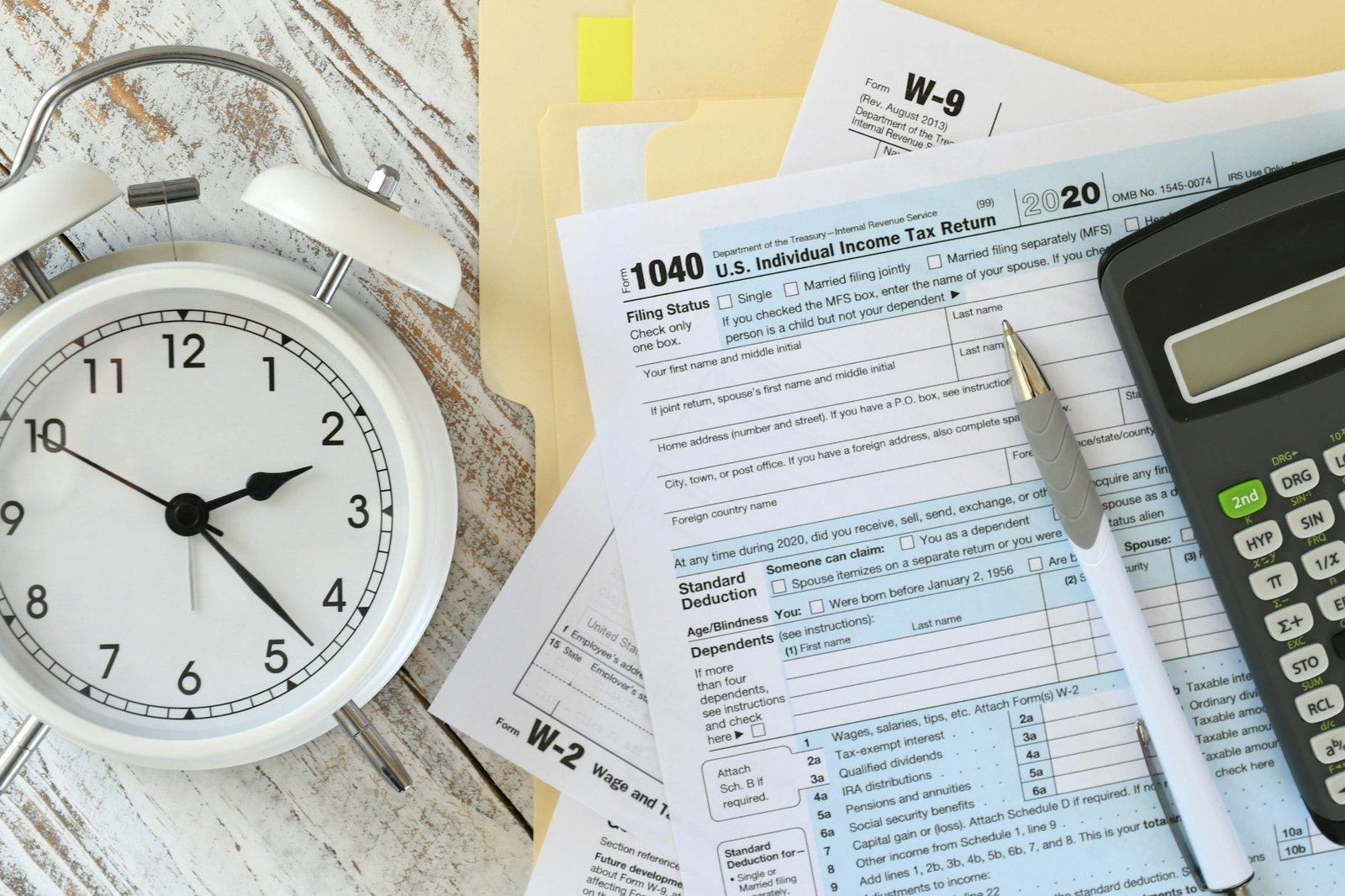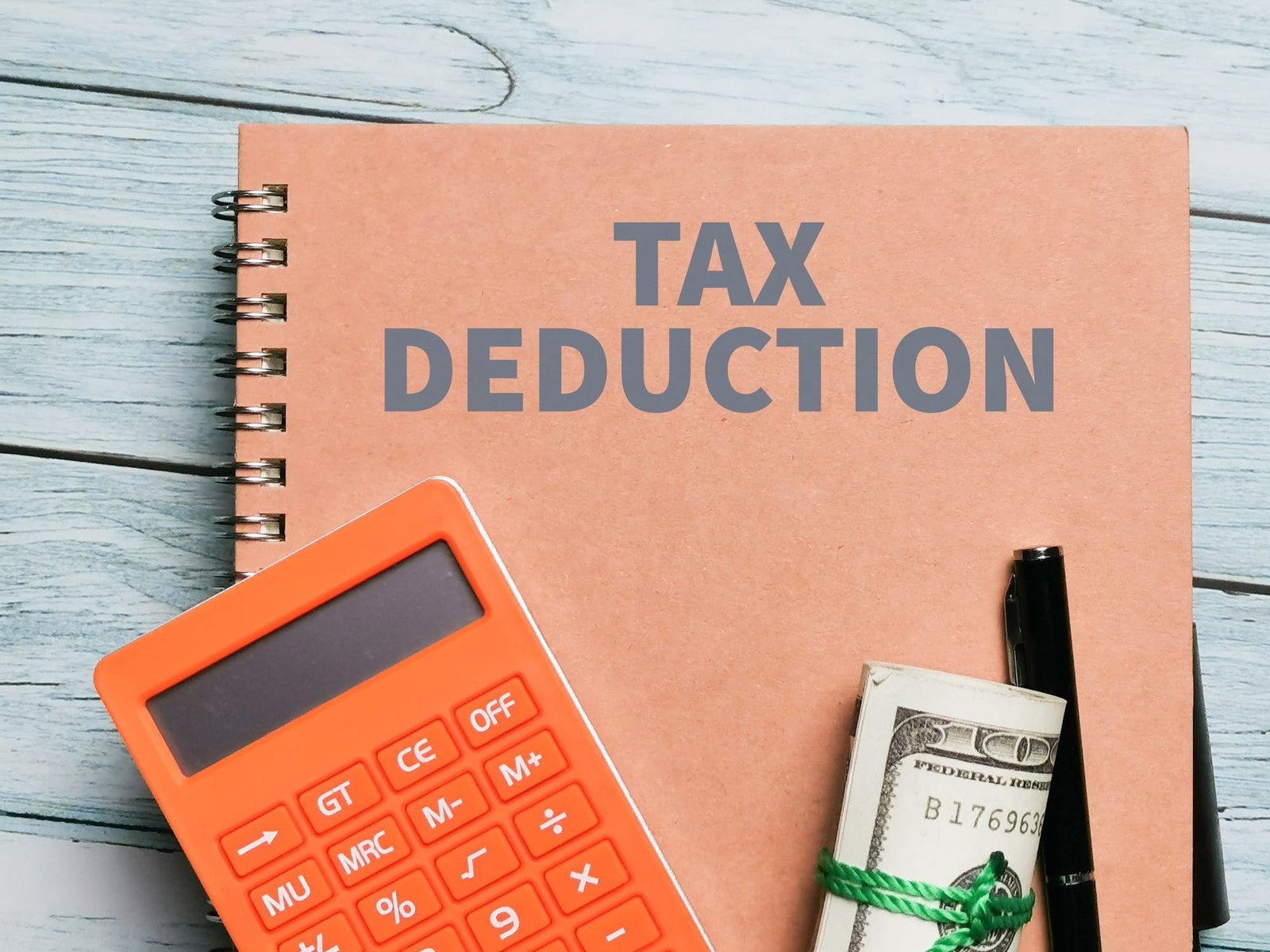Introduction:
As tax season approaches, it’s time to gather your documents, review your finances, and make sure you’re taking full advantage of every deduction available. Overlooked deductions can mean paying more than necessary, so staying informed is key. Here’s a breakdown of some of the most common (and commonly missed) tax deductions that can help reduce your tax bill.
1. Home Office Deduction
If you use a portion of your home exclusively for business, you may qualify for the home office deduction. This includes expenses like rent, mortgage interest, utilities, and maintenance. The IRS offers a simplified calculation method, but you can also calculate the exact percentage of your home used for work for potentially greater savings.
Pro Tip: Keep a floor plan or photos of your home office space in case of an audit.
2. Mileage and Vehicle Expenses
Do you use your personal vehicle for business-related travel? Track your mileage, parking fees, and tolls carefully. The IRS offers a standard mileage rate, but you may find it more beneficial to deduct actual vehicle expenses like gas, maintenance, and insurance.
Pro Tip: Use a mileage tracking app to keep accurate records throughout the year.
3. Business Equipment and Supplies
Did you purchase a new laptop, office furniture, or software for your business? These expenses are deductible. For larger purchases, you might qualify for Section 179 expensing, allowing you to deduct the entire cost in the year of purchase rather than spreading it over several years.
Pro Tip: Keep receipts and note the business purpose of each purchase to make record-keeping easier.
4. Education and Training Costs
Investing in your professional growth pays off—not just in your skills but also in tax savings. Courses, certifications, and even books related to your field can often be deducted.
Pro Tip: If you attended conferences or workshops, remember to deduct related travel and lodging expenses.
5. Professional Services
Hiring experts like bookkeepers, accountants, or legal professionals? Fees for their services are deductible because they’re considered ordinary and necessary expenses for running your business.
Pro Tip: Track these costs separately from other expenses for easy reporting at tax time.
6. Marketing and Advertising Expenses
The costs of promoting your business—whether through social media ads, printed materials, or website design—are deductible. Even expenses related to creating and distributing promotional items count.
Pro Tip: Include costs for maintaining your website or email marketing tools.
7. Retirement Contributions
Contributions to retirement plans like SEP IRAs, SIMPLE IRAs, or 401(k)s are not only a smart move for your future but also a way to lower your taxable income for the year.
Pro Tip: Ensure contributions are made by the tax filing deadline to count for the current tax year.
8. Meals and Entertainment
Did you meet with clients over lunch or host a team meeting at a local café? You can deduct 50% of qualifying meal expenses, as long as they’re directly related to conducting business.
Pro Tip: Always document who you were meeting with and the business purpose of the meal.
Conclusion:
Tax season doesn’t have to be overwhelming, especially when you’re prepared to claim every deduction you’re entitled to. Start by keeping thorough records of your expenses and consult a tax professional if you need assistance. Taking the time to identify and document these deductions now can save you significant money when it’s time to file.
If you’re looking for more guidance or need help preparing your taxes, contact Legacy Pathways Financial LLC today. Let us help you navigate tax season with ease and confidence!


